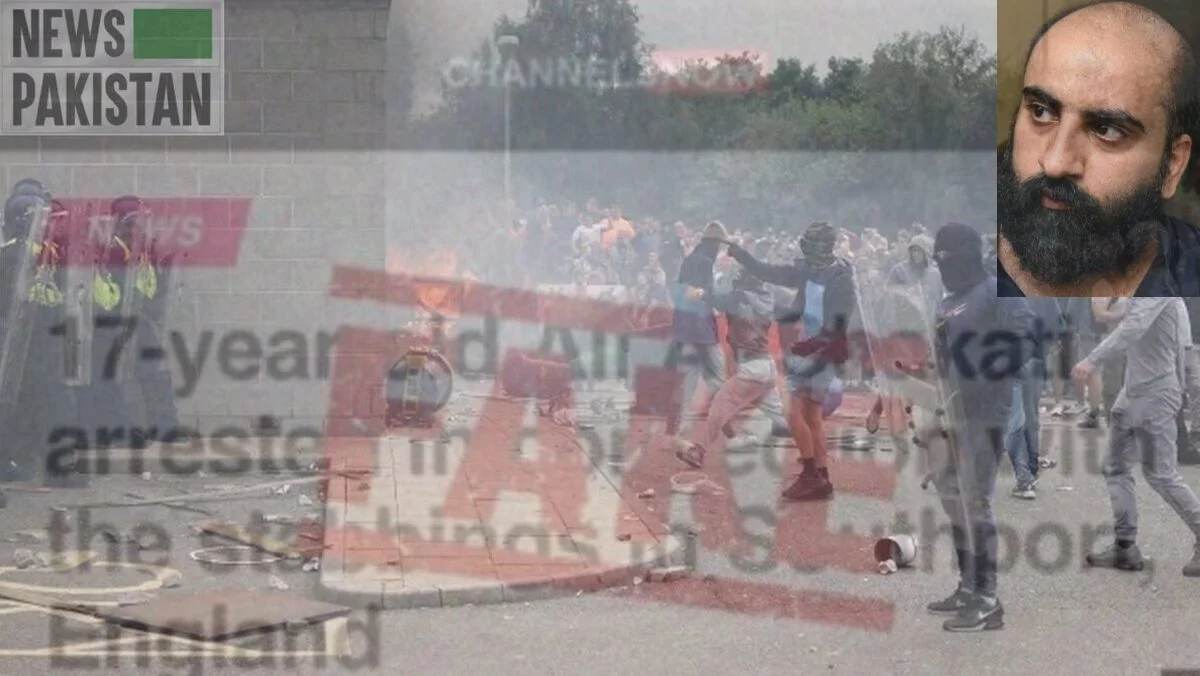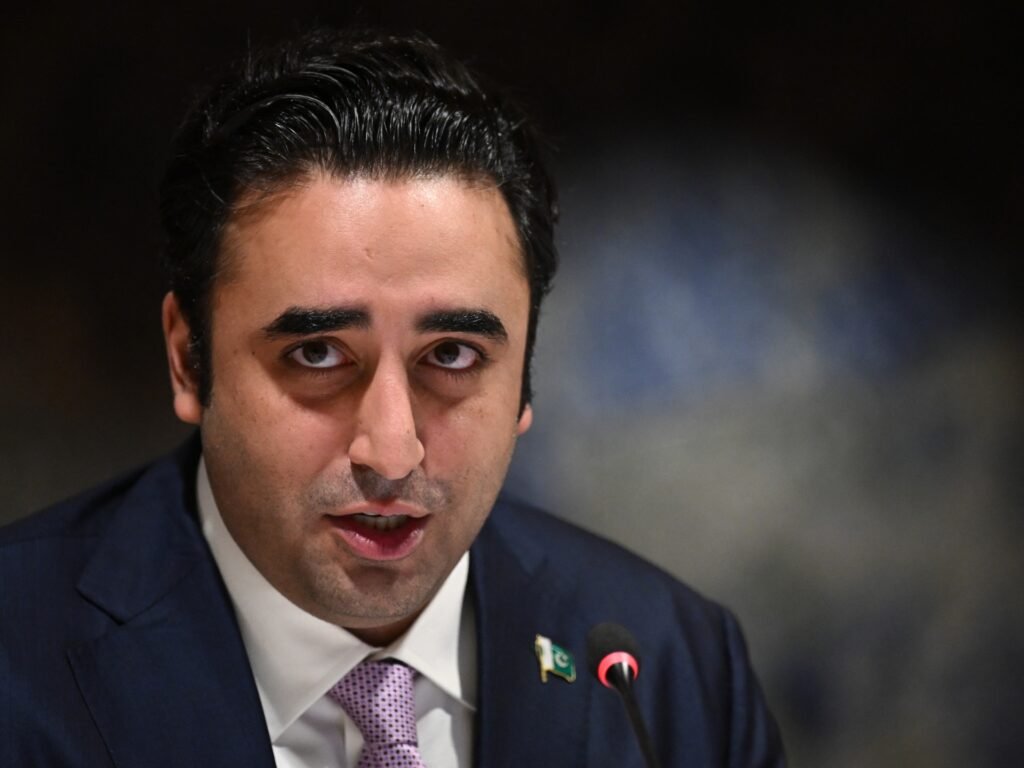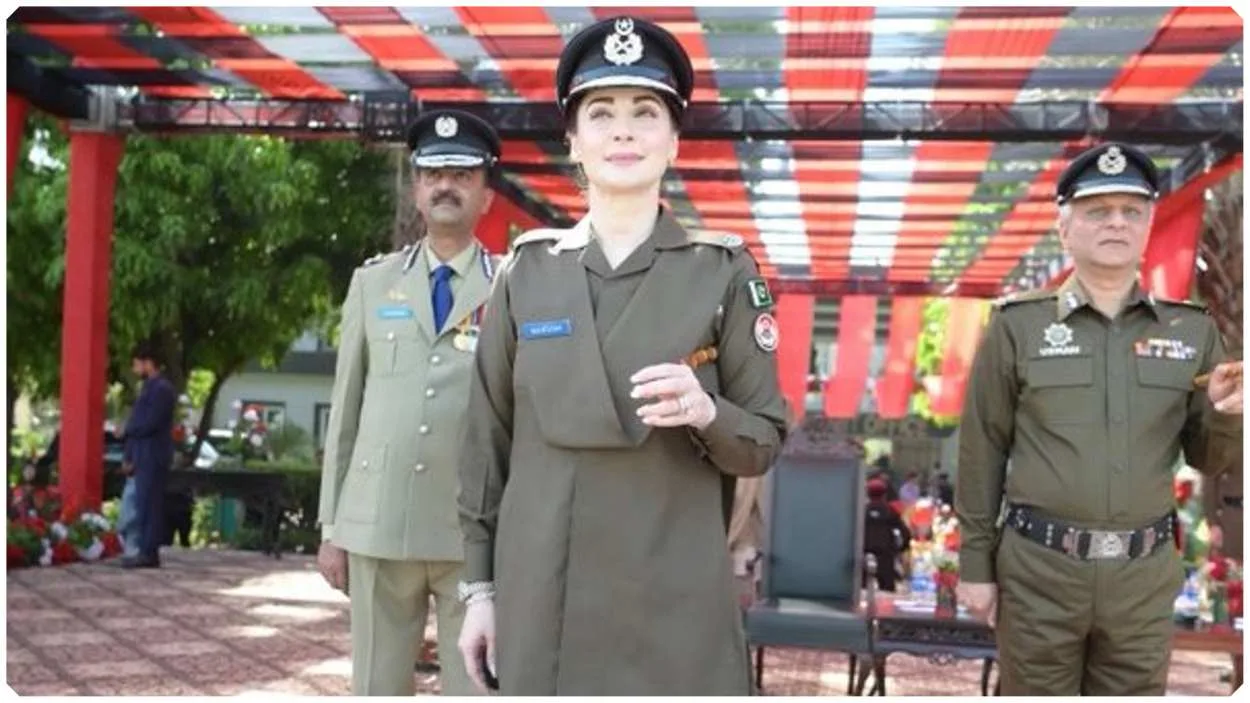Two days after the Pakistan Tehreek-e-Insaf (PTI) called off its highly anticipated protest demonstration in Islamabad, which was disrupted by a security crackdown, Adviser to the Prime Minister on Political Affairs, Rana Sanaullah, revealed that there is no unanimous decision among cabinet members regarding a ban on the former ruling party. This statement followed a resolution by the Balochistan Assembly calling for a ban on PTI, citing violent actions during its protest march in the federal capital on November 26.
The resolution accused PTI of bearing responsibility for the violent May 9 protests after the arrest of party founder Imran Khan. These demonstrations led to attacks on public and military properties across the country. The resolution also stated that PTI’s “anarchist agenda” has destabilized the nation’s judiciary, media, and economy. The Balochistan Assembly’s stance was echoed by the Punjab Assembly Secretariat, where a similar resolution seeking a ban on PTI was submitted.
Appearing on a television program, Rana Sanaullah discussed the deliberations within the federal cabinet about the proposed ban on PTI. He acknowledged divided opinions among members, with no consensus reached. However, the cabinet decided to further deliberate on the issue, reflecting its complexity and potential consequences.
During the same program, PTI leader Raoof Hasan criticized the speculation around banning the party, asserting that such a move would face legal challenges. He emphasized that the PTI is prepared to contest any action taken to impose a ban through legal avenues.
Addressing questions about the imposition of governor’s rule in Khyber Pakhtunkhwa, Rana Sanaullah noted that while the Constitution provides mechanisms for such a measure, the current circumstances do not justify it. He acknowledged the political and constitutional challenges of imposing governor’s rule and advocated dialogue as the only viable solution to the ongoing political crisis. He stressed that negotiations are essential, leaving no alternative to resolving conflicts.
Discussing PTI’s recent “do-or-die” protest march in Islamabad, the adviser criticized the party for allegedly engaging in non-peaceful demonstrations, claiming that many protesters were armed. Such actions, he argued, undermined the legitimacy of PTI’s political movement.
On another issue, Rana Sanaullah addressed the FIR against journalist Matiullah Jan, calling it fabricated. He pointed out that the complainant in the case, the Islamabad Inspector General, is responsible for the actions of the Islamabad police under his command. The adviser emphasized that the matter should be handled based on merit.
The PTI’s political activities and the government’s response have raised broader questions about governance, democratic processes, and the state of civil liberties in Pakistan. The divided opinions within the cabinet and among political stakeholders highlight the challenges of addressing political dissent while maintaining stability. As the debate over PTI’s future continues, the emphasis on dialogue and legal recourse signals an ongoing struggle to navigate a complex political landscape.



